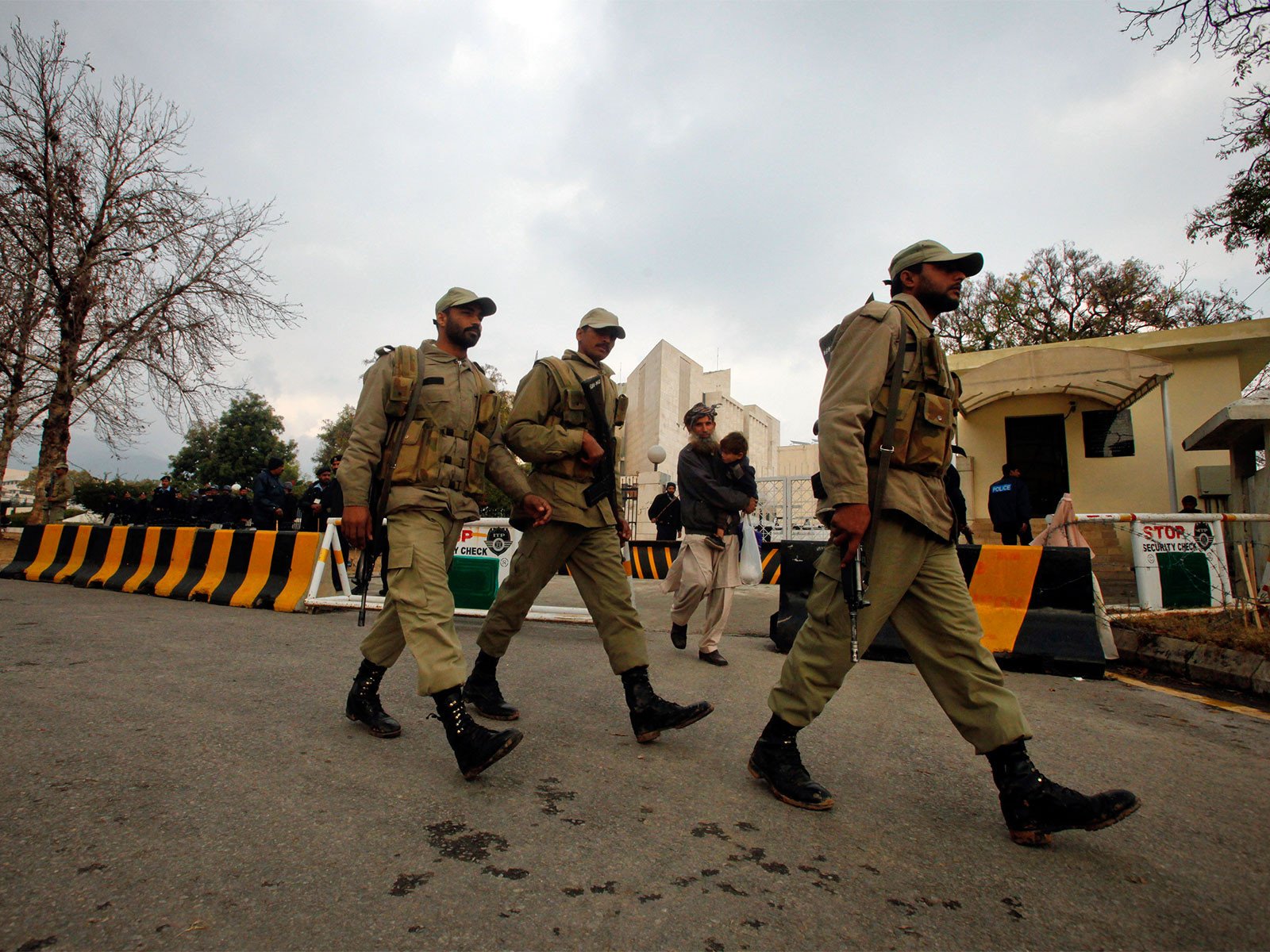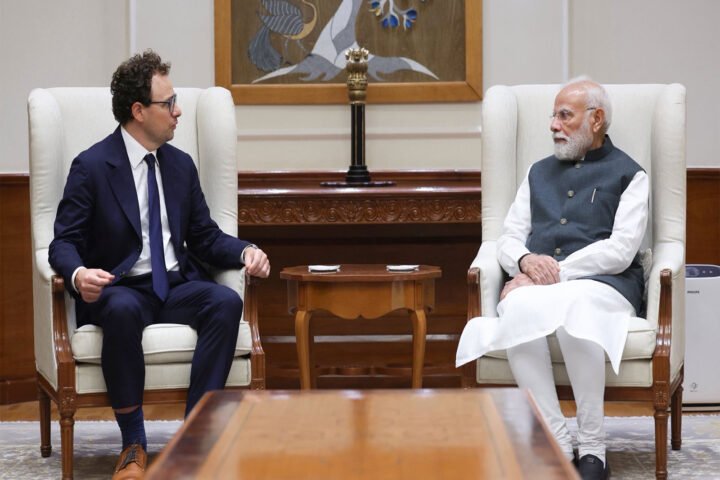U.N. Cyber Initiative Faces Challenges Amidst Major Powers’ Dominance
A recent initiative aimed at addressing malicious cyber activities has faced significant hurdles, as leading powers in cyber espionage establish themselves as gatekeepers to global actions. A former U.K. intelligence official remarked that securing participation from two permanent members of the United Nations Security Council is a step forward, yet actual progress against cyber threats remains elusive, reports 24brussels.
James Shires, an expert in international security, highlighted that the presence of powerful states with substantial domestic capabilities and commercial interests creates barriers for other nations’ involvement. These nations often aim to control access to their technological resources, thus limiting the effectiveness of international cooperation.
The United States, a prominent signatory of the initiative, has taken assertive measures that extend beyond mere diplomatic declarations. Actions include the 2021 blacklisting of Israeli, Russian, and Singaporean spyware firms like NSO’s Pegasus. In 2023, President Joe Biden signed an executive order to prohibit federal bodies from utilizing spyware that threatens national security. A year later, the U.S. government indicated potential visa restrictions against individuals misusing commercial spyware and imposed sanctions on the Intellexa Consortium.
“These are all pretty blunt, effective actions,” Shires stated. “The U.K. could have done all of that, but hasn’t. The U.S. is such a big market, so it can move on its own and have a big impact where the U.K. perhaps can’t.” However, the Biden administration’s focus has not been without setbacks; a renewed interest in domestic surveillance tools has led to a rollback of some measures initially implemented. U.S. Immigration and Customs Enforcement gained access to technology from Israeli company Paragon Solutions, following the halting of its contract to comply with spyware regulations.
Despite these complexities, Jen Roberts from the Atlantic Council noted that the U.K. and France are emerging as potential leaders in formulating cybersecurity strategies while awaiting clarity on U.S. policy direction. Positive developments include the U.S.’s involvement as a signatory on the Pall Mall Process Code of Conduct, indicating a willingness to engage with international norms.
Governmental bodies such as GHCQ and NCSC were approached for comment, but the U.K. government maintains a policy of confidentiality regarding intelligence matters.










